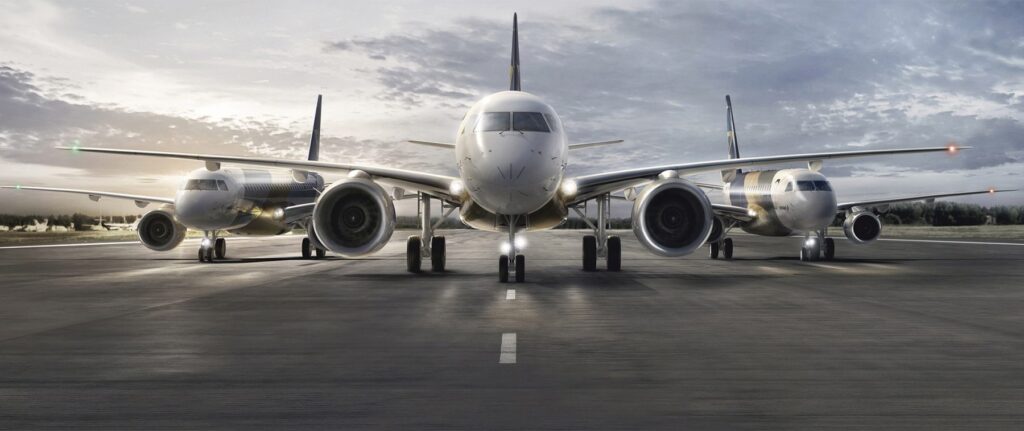Embraer Adjusts Corporate Structure in Response to COVID-19 and Boeing Deal Collapse
Embraer announced today a 4.5% adjustment to its global workforce, which corresponds to approximately 900 employees in Brazil. The measure stems from the impacts caused by the COVID-19 pandemic on the global economy and the…

